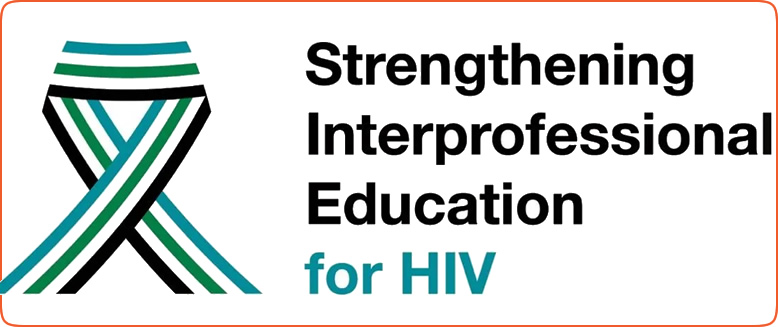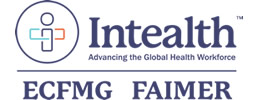STRIPE Advanced HIV Disease training: TOT approach

Convener: Institute for Global Health Services, University of California San Francisco, USA
Available STRIPE content has expanded! Included now are two new modules focused on Advanced HIV Disease: (1) Advanced HIV Disease in the inpatient setting (module 21), (2) Advanced HIV Disease in the outpatient setting (module 22).
Come join an interactive Training-of-Trainer (TOT) session to learn the new content and the skills to deliver them to your pre-service or in-service learners.
Learning objectives:
- * Understand the basic tenants of STRIPE and the importance of both case-based and interprofessional education
- * Gain the knowledge and skills to facilitate these modules for other learners
- * Get connected to the AFREhealth LMS and its available tools and resources
- * Learn facilitation best practices applicable outside of STRIPE training
- * Meet and collaborate with trainers from other institutions
- * End session connected to STRIPE tools, content, and community
Module Descriptions
Advanced HIV Disease in the inpatient setting (Module 21)
The goal of this module is to prepare learners to provide high-quality care to acutely ill patients with advanced HIV disease that require hospitalization. The main topics that will be discussed in this module include: most common opportunistic infections and their management, severe clinical conditions that require multidisciplinary and acute care, and safe discharge of a stabilized patient back to the community.
Advanced HIV Disease in the outpatient setting (Module 22)
The goal of this module is to prepare learners to provide high-quality care to patients with advanced HIV disease in the outpatient setting. The main topics that will be discussed in this module include: preventative medicines and strategies while caring for a patient with AHD, most common opportunistic infections and non-infectious conditions that could be managed in the outpatient setting, and multidisciplinary care/support for patients with new diagnoses of HIV and/or AHD.






